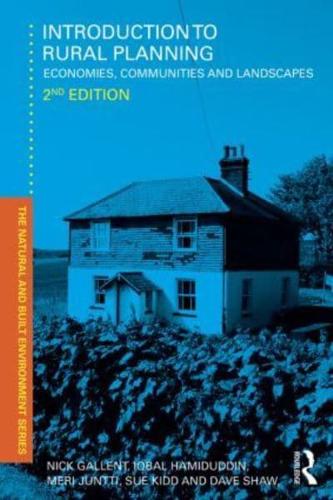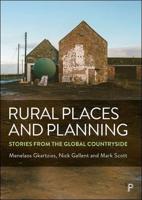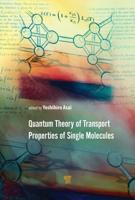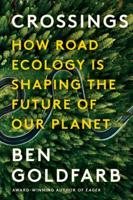Publisher's Synopsis
Introduction to Rural Planning: Economies, Communities and Landscapes provides a critical analysis of the key challenges facing rural places and the ways that public policy and community action shape rural spaces.
The second edition provides an examination of the composite nature of 'rural planning', which combines land-use and spatial planning elements with community action, countryside management and the projects and programmes of national and supra-national agencies and organisations. It also offers a broad analysis of entrepreneurial social action as a shaper of rural outcomes, with particular coverage of the localism agenda and Neighbourhood Planning in England. With a focus on accessibility and rural transport provision, this book examines the governance arrangements needed to deliver integrated solutions spanning urban and rural places. Through an examination of the ecosystem approach to environmental planning, it links the procurement of ecosystem services to the global challenges of habitat degradation and loss, climate change and resource scarcity and management.
A valuable resource for students of planning, rural development and rural geography, Introduction to Rural Planning aims to make sense of current rural challenges and planning approaches, evaluating the currency of the 'rural' label in the context of global urbanisation, arguing that rural spaces are relational spaces characterised by critical production and consumption tensions.











